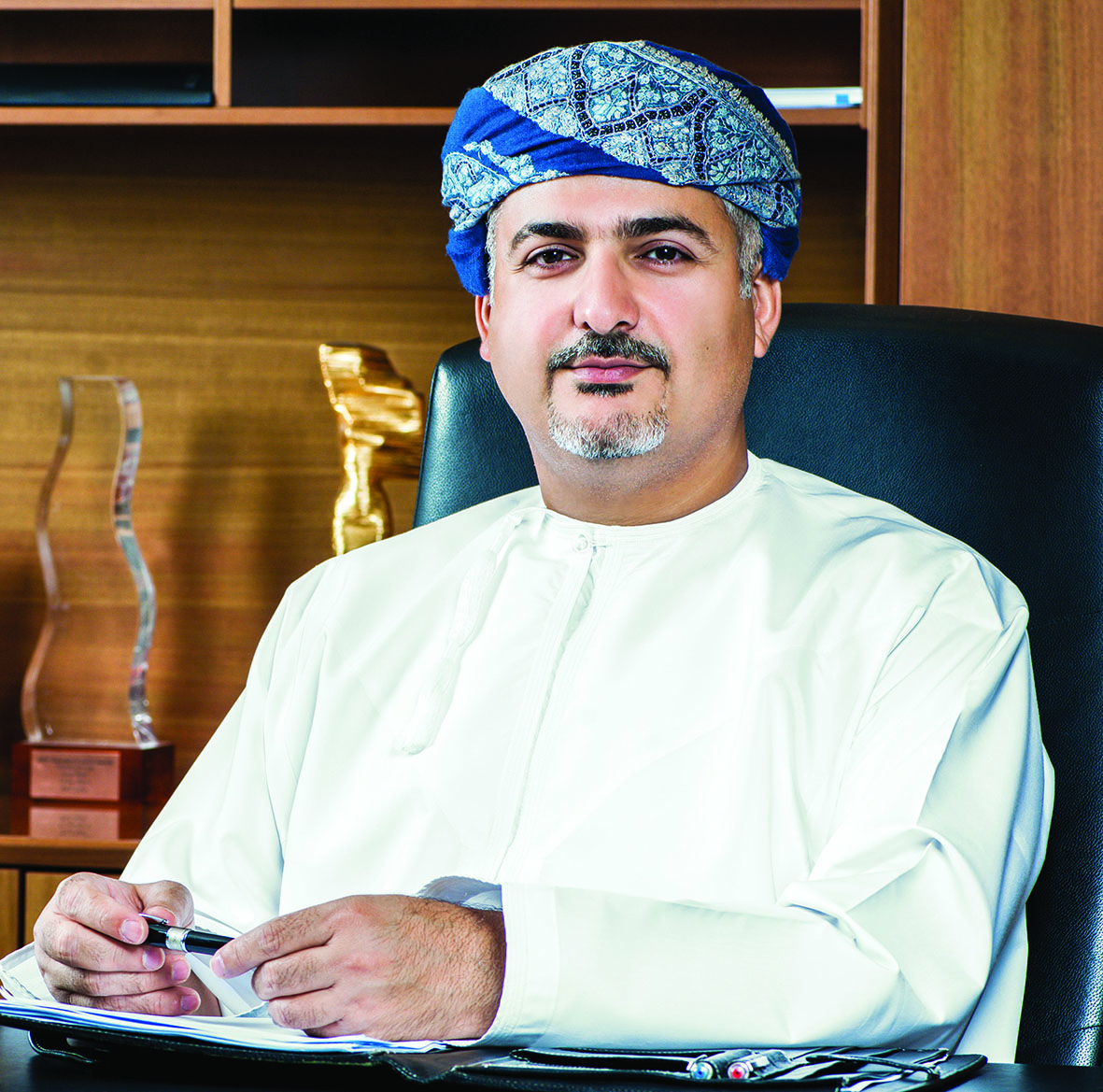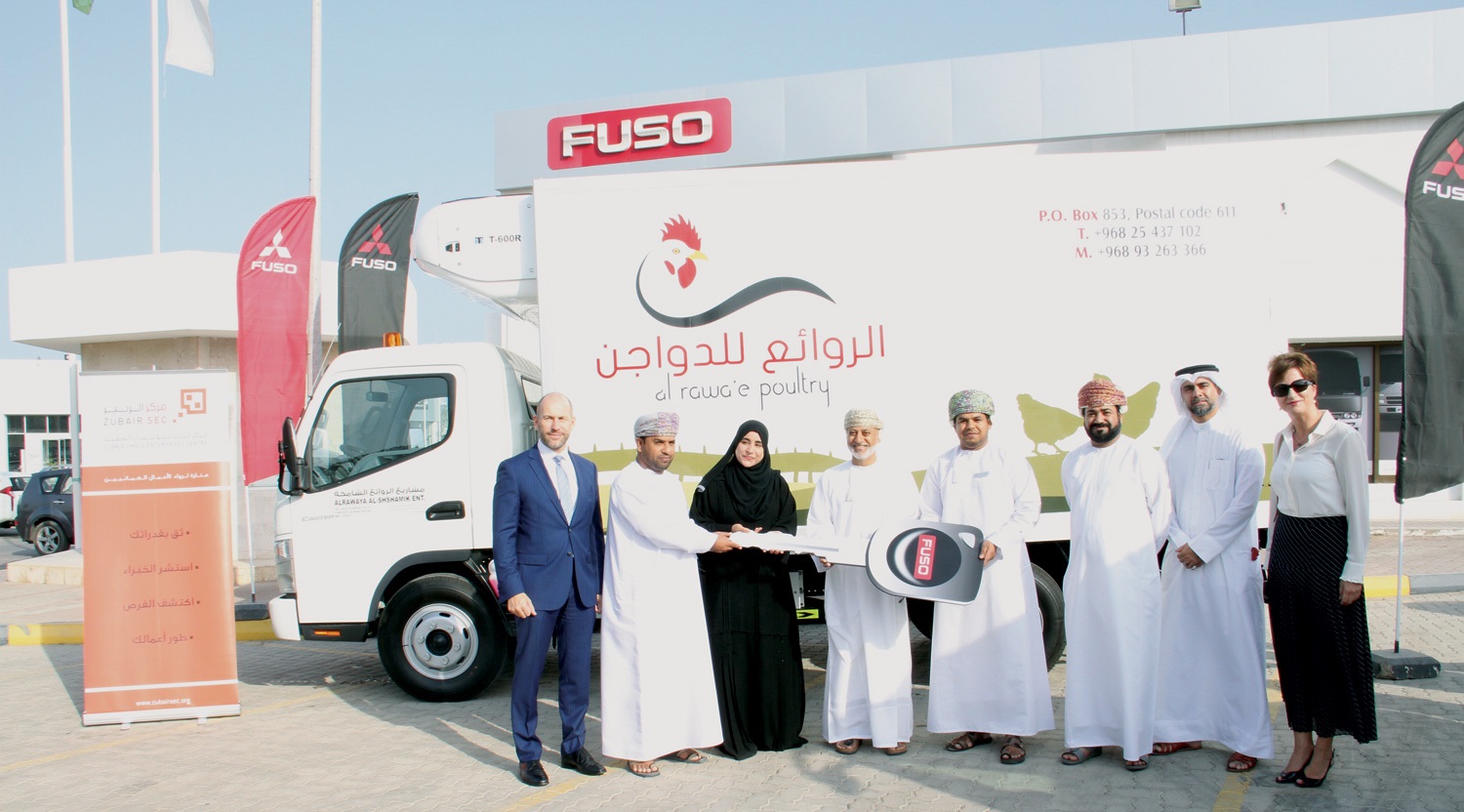Bank Sohar will continue to roll out specialised services specifically designed to cater to the day to day operations of the SME segment such as Internet Banking, and SME specialised accounts, says Rashad Ali Al Musafir, Acting Chief Executive Officer.
What are the major initiatives of Bank Sohar aimed at helping the SME sector?
Bank Sohar has always been dedicated towards promoting sustainable development in Oman; encouraging the growth and development of Small and Medium Enterprises (SMEs) and the promotion of In-country Value (ICV) in the Sultanate. As part of our on-going efforts, we have realigned the SME unit with a business focus to address the banking requirements of SMEs, Omani entrepreneurs and other local businesses. The unit as a whole aims to contribute to the advancement of the Oman national economy and increase employment opportunities through the continuous development and upgrading of the SME sector. To this end, the Bank’s policies and process have been realigned to provide effective turnaround time and credit review of the entities.
The well-articulated SME Policy, which was put in place as per CBO Norms, has been specifically designed to offer SMEs the maximum chance of success in the market while providing them with an ideal environment to understand the improved assessment of their financial requirement and opportunities and challenges they face. This includes an improved turn-around-time (TAT) in providing facilities to the SME Segment while dealing with credit proposals more effectively with qualitative assessments and in full compliance with guidelines and other regulatory requirements. The SME unit offers a strengthened programme-based lending matrix and proper segmentation of micro, small and medium enterprises and also follows different parameters for micro, small and medium enterprises with incentives for ‘good entities’. The unit also provides a wide range of products that better suit an SME customer’s requirements. These include supply chain finance, festival advance, working capital term loans or over drafts, bill or cheque discounting, Capex loans for vehicles, machinery and equipment, and trade loans.
Several SME owners say access to financing is one of the key challenges faced by them. What should they do to overcome the challenge?
One of the major reasons for banks being unable to bridge this gap is the perceived credit risk involved in financing small enterprises. This is primarily on account of non-availability of comprehensive financial data to assess the entity. Yet in Oman, it is sometimes not lack of finance that stands in the way of the development of SMEs, but rather a lack of business skills, investment know-how, and sometimes hostile entrepreneurship ecosystem. In Oman, we are seeing enterprises stay in the start-up phase for an average of 2-3 years, with a near 50 per cent failure rate after 5 years. While the speed of transition from start-up to established enterprise is dependent on each country’s entrepreneurial ecosystem, the slow pace of growth for SME’s in Oman highlights our need for business accelerators and start-up hubs. The SMEs also need venture funding for sustaining the start-up phase and negotiate leverage with financial institutions. The focus areas of the SME entrepreneurs should be on building finance and management skills and generating a well-developed business plan. Due focus should also be given to the business whilst building awareness on the dynamic changes in the associated markets. Business plans must also be put in place by SME entities for growth contingencies while also focusing on maintaining a positive financial track record.
What is your opinion on the state of affairs of SME sector in Oman? What should SMEs in Oman do to grow more competitive and dynamic?
The hygiene factor of the SME sector differs based on the segments. While sectors associated with Oil, Gas and Infrastructure are placed better in terms of their economical standing; of late they have also been facing cash flows pressures due to a slower payment cycle. The overall turnover of the entities in the FMCG and general retail SME Sectors, though not affected by the oil price, is also a bit strained.
As stated earlier, SMEs focus should be on the overall development of their own entities with improved attention on markets, plan for exigencies and constant review on their cash flows. Generally speaking, Omani entrepreneurs should run their SME units with utmost care and focus; and not as their secondary objectives.
What are the focus sectors for SMEs in Oman?
SMEs in industries such as Oil & Gas, Infrastructure, Tourism, Managed Services, FMCG and associated supply chain sectors are generally doing well and will continue to perform well for the foreseeable future.
What are your future plans for the SME sector? How do you rate the prospects of SME sector in Oman?
Bank Sohar is dedicated towards promoting sustainable development in Oman and its policies, products and services have, and will always be, catered towards meeting the needs of aspiring SME entrepreneurs. At Bank Sohar, we have established a dedicated SME unit equipped with skillsets and talents particularly suited to service the SME sector. It is also strategically located in Azaiba near the industrial area for easy access. In 2016, we are planning a rollout of campaigns dedicated towards financial awareness and credit management, to be conducted with the support of the SME authorities. These campaigns will provide aspiring entrepreneurs and SMEs with an avenue to present their requirements to financial entities in a professional manner. We continue to roll out specialised services specifically designed to cater to the day to day operations of the SME segment such as Internet Banking and SME specialised accounts, to name a few.
Bank Sohar will continue to roll out specialised services in SME segment
To report this post you need to login first.






